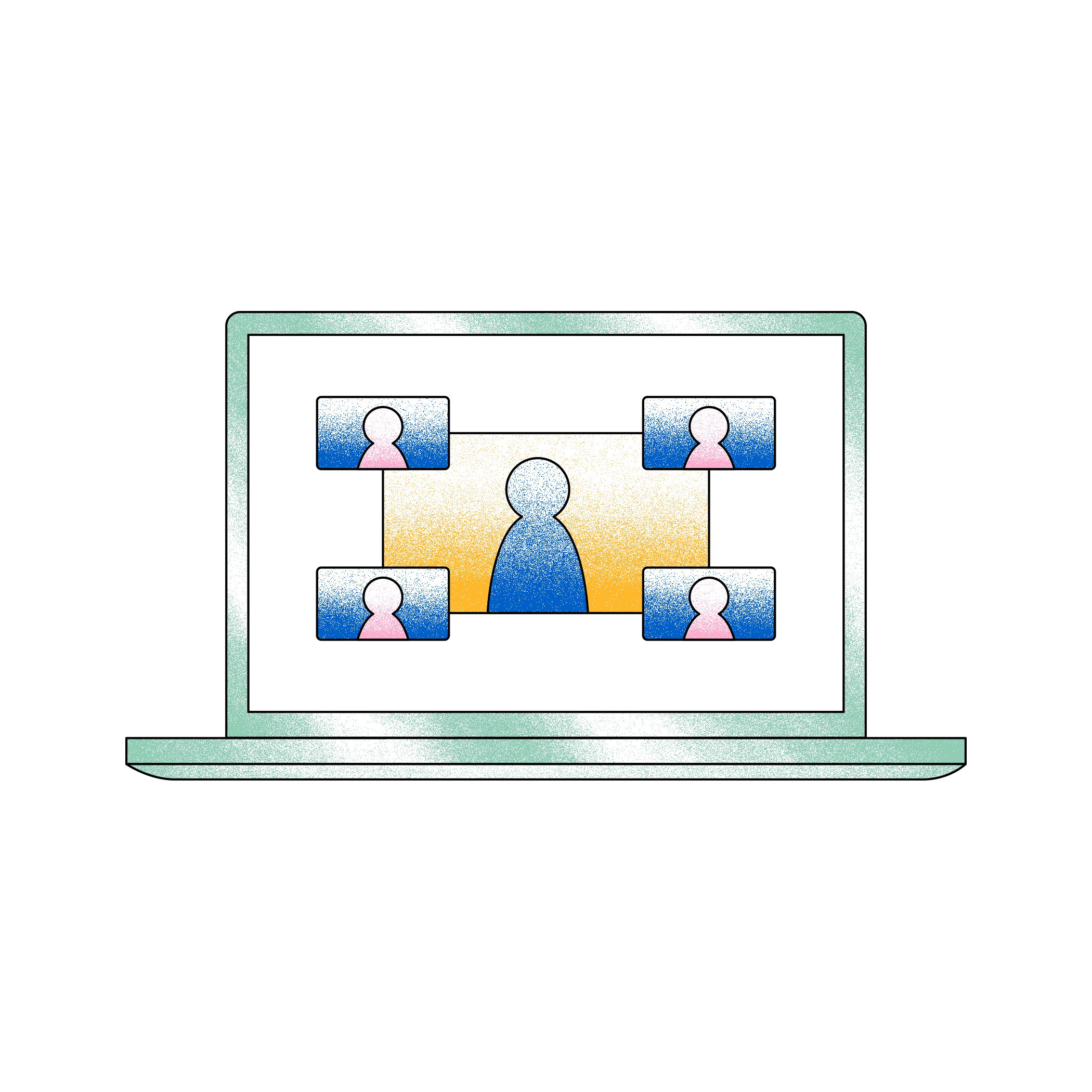Tips for Tele-Counseling and Tele-Teaching

What do you know about this student? How does the current climate impact their existing issues?
Telecommunication requires more emotional effort to remain engaged and observant, and these tips will reduce unnecessary confusion and miscommunication.
Space
Both counseling staff and student/parent should be thoughtful of quiet and confidential space as much as possible.
- If you hold video sessions, create a plain background behind the video.
- Do not eat/drink during sessions because we do not know who may be struggling with food security.
- One issue to consider is if students do not have space, and how to incorporate that thoughtfully into a class- or talk-session. Perhaps increase family involvement.
Communication Best Practices
Keep text/emailing for administrative tasks such as scheduling or “running late” communication. Check-ins and sessions should be via phone or video platform designated by the school program.
For example, texting an individual “how are you?” should not count as a service that you document as a clinical contact, and does not offer your student a best practice method. Evidence-based research indicates this type of contact to not be effective in clinical work.
Also, consider:
- Look into the camera. It’s important to remember that video conferences are essentially another form of person to person interactions in real-time.
- Be sure equipment is charged to avoid technical issues on your end.
- Inform your household ahead of time that you have a video session to try to avoid interruptions.
- Make yourself aware of your video settings. Check if your microphone is muted before delivering a two-minute monologue that no one will hear.
- Make sure your room is well lit (side lighting is the best).
- Wear appropriate clothing. It can be tempting to wear a comfortable dress but dress as if you're meeting face-to-face. You never know if you're going to have to get up suddenly or if your camera might fall so be professional.
Work from Home Culture
Check-in with yourself to acknowledge how you are. How can you maximize your strengths? What are your individual challenges, e.g. childcare, elderly parents, etc.?
Keep in mind, you are not “working from home” in the casual, “traditional” way. You are staying at home to be safe during a global pandemic, and trying to work. Take breaks, engage in meaningful activities outside of work, and move your body when possible.